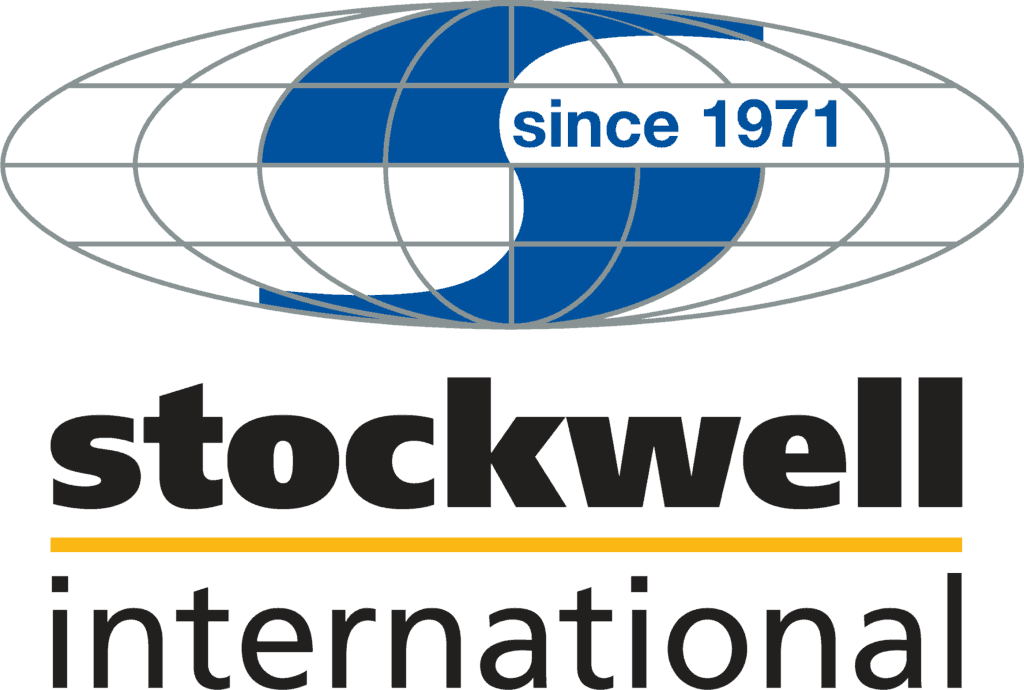Logistics management and freight management are both terms commonly thrown around in business.
The terms logistics and freight are generally associated with the movement and transportation of goods by several different modes of transport including air, ocean, rail, and truck.
But for professionals in the Supply Chain field, freight management and logistics management can have unique distinctions in terminology. Only when these types of jobs and tried to fill, it is realised how important the task at hand is and the skills required to fulfil these positions.
What is Freight Management?
At its most basic form, freight management can be interpreted as the process of overseeing the transportation of freight. But to be more specific, according to Logistics Dictionary, Freight Management is explained as follows:
“Freight Management is the process of overseeing and managing a cost-efficient operation and delivery of goods. Freight management combines logistics experience, human resources and knowledge to ensure a smooth coordination between carriers and shippers.”
But what responsibilities are deemed essential in Freight Management?
In a basic form, according to definitions freight management roles can include and not be limited to:
- Selecting a transport company, establishing contact, and employing carriers and transportation
- Consulting and negotiating terms and conditions, rates, and expectations
- Preparing the proper paperwork to go along with cargo in transit
- Dispatching and arranging transporters to collect and deliver cargo at required times
- Optimising mode choice, truck routing and load balancing
- Tracking the movement of your cargo throughout the supply chain lifecycle
- Engaging, selecting, and working with customs brokers to ensure customs compliance
- Confirming insurance is in place to cover cargo in transit
- Managing freight claims
- Handling and overseeing receipt, payments and invoices related to the transportation of cargo
- Taking opportunity to optimise the transport of cargo to enhance transport performance, decrease travel time, lower costs, and reduce environmental impacts
This is a very detailed, significant list of responsibilities for freight management workers. Here at Stockwell International we can manage all your freight forwarding needs.
Without the correct freight management many organisation operations would quickly stop in their tracks.
What is Logistics Management?
Logistics management can be essentially understood as the complete process of controlling how resources are obtained, warehoused, and transported to the final destination. Specifically, logistics management is part of supply chain management. Including controlling the planning and implementing of the successful forwarding and storage of cargo, services and relaying associated information between origin and point of utilisation to meet customer needs.
According to these definitions, logistics management would suggest that the activities included are more of an overarching set of actions then the specialised activities related to freight management.
But let’s consider some of the activities now associated with Logistics Management.
According to Logistics Dictionary logistics management activities can be defined as:
“Logistics management activities typically include inbound and outbound transportation management, fleet management, warehousing, materials handling, order fulfillment, logistics network design, inventory control, supply/demand planning and management of third-party logistics services providers.
To varying degrees, logistics management functions include customer service, sourcing and procurement, production planning and scheduling, packaging, and assembly. Logistics management is part of all the levels of planning and execution, including strategic, operational and tactical.
Further, it coordinates all the logistics activities, and it integrates logistics activities with other functions, including marketing, sales, manufacturing, finance and information technology.”
To simplify, logistics management activities can include:
- Customer and supplier order management
- Warehousing and distributing planning and managing
- Packaging and transport management and handling of materials
- Import and export logistics
- Strategic planning of supply chain and moving cargo
- Supply chain networking and connection optimisation
- Information stream, tracking and tracing management
- Supplier relationship choice and management
- Cargo flow analytics and optimising
- Start to end supply chain visibility and flow
- Asset management
What is the Difference Between Freight Management and Logistics Management?
As mentioned earlier, people who are not in the industry of supply chain will not understand the precise differences in terms of freight management and logistics management. Many will find the niche rolls to be one and the same,
However, by displaying definitions and activities fulfilled by each management, a clear-cut difference is shown.
Logistics management is a broader, comprehensive term. The extent of logistics management is wide-ranging and cover many jobs and stakeholders.
Freight management is a subdivision of logistics management of equal importance. Because without the specific and detailed methods of freight management there can be no fulfillment of logistics management. Without both managements, many companies would grind to a halt causing a domino effect throughout the world.

